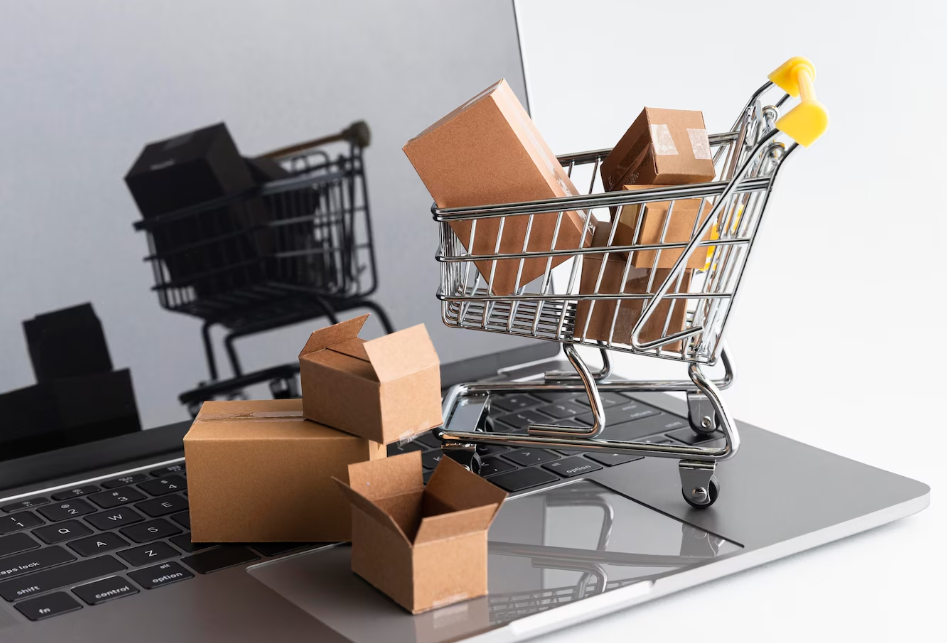What Retailers and Online Sellers Should Know Before Choosing a Wholesale Distributor

In today’s competitive retail and eCommerce environment, working with the right wholesale distributor can mean the difference between success and stagnation. Whether you’re selling on Amazon, eBay, Shopify, or in a physical storefront, understanding how to evaluate a distributor is crucial.
Here are the top things to consider before locking in that partnership.
1. Product Authenticity is Non-Negotiable
The rise of counterfeit goods has made product sourcing riskier than ever. Sellers should only work with distributors who guarantee authentic, brand-name merchandise and source directly from verified suppliers. This isn’t just about ethics—it’s about compliance, customer trust, and platform policies.
Tip: Ask for documentation or proof of authenticity, especially if you’re aiming to resell on platforms like Amazon, where brand gating is common.
2. Shipping Capabilities Can Make or Break Your Margins
A good distributor should offer flexible shipping solutions, including:
- Direct-to-warehouse delivery
- FBA-friendly shipping
- International options (if applicable)
Understanding who arranges shipping—and who pays for it—is important. Many distributors leave shipping in the buyer’s hands, so be prepared to calculate those costs into your final margins.
3. Labeling Services: A Hidden Advantage
Some distributors offer FNSKU labeling and prep services, while others do not. If you’re shipping directly to Amazon FBA, this can impact turnaround time and labor costs. While not every seller needs this, it’s worth considering if you want a more hands-off logistics experience.
4. Returns and Cancellations: Read the Fine Print
Wholesale transactions typically come with stricter return policies than retail sales. Many distributors don’t accept cancellations or returns once an invoice has been issued, especially for closeout or liquidation items.
Make sure to understand return terms clearly before committing to a large order.
5. Inventory Transparency Saves Time and Money
Working with a distributor that provides real-time or regularly updated inventory lists (often in CSV or Excel format) can make your sourcing far more efficient. It helps avoid overselling, ensures you’re buying in-stock items, and streamlines your internal planning.
6. Payment Methods Matter
Most wholesale distributors do not accept credit cards due to transaction fees. Common payment methods include:
- ACH transfers
- Wire transfers
- Zelle or bank apps (like Chase QuickPay)
Always confirm the payment process and make sure it aligns with your business’s cash flow.
Final Thoughts
Choosing a wholesale distributor isn’t just about who has the lowest price—it’s about building a sustainable and trustworthy relationship that supports your business model. Take the time to evaluate your needs, ask questions, and prioritize transparency, quality, and reliability.
After all, your reputation as a seller depends on the source of your products.
Want more insights like this?
Subscribe to our blog for tips on sourcing, reselling, and growing your retail business.




